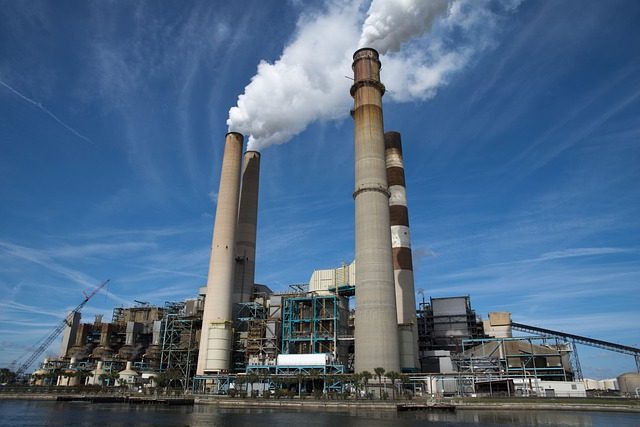China is buying up American natural gas, raising concerns in Washington and fueling speculation of a new conflict between the two global powers.
Chinese energy companies are the fastest growing buyers of American natural gas exports, accounting for nearly half of the gas agreed to ship by US companies in the last year.
However, some of those companies are working against US interests, such as dealing in oil from sanctioned countries, drilling in areas known for human rights violations, or assisting the Chinese military in capturing contested territory from its neighbors.
As tensions between Washington and Beijing rise and natural gas prices continue to suffocate American manufacturers, lawmakers from both parties are urging the White House to consider new restrictions on gas sales to China. They want more Chinese energy companies added to a trade blacklist, and they want the Biden administration to close a loophole that allows one major company on the list to purchase American gas and oil.

“I am growing increasingly concerned by extensive public reporting that energy companies controlled by the [Chinese Communist Party] are endangering U.S. national security and foreign policy interests,” said Rep. Michael McCaul (R-Texas), the top Republican on the House Foreign Affairs Committee.
A profitable market
Other lawmakers, however, are questioning the wisdom of an energy policy that allows for gas deliveries to America’s global adversary while European citizens face historic energy shortages and high prices as a result of Russia’s conflict in Ukraine. Some Chinese energy companies have been caught reselling American natural gas to desperate European countries for a large profit.
The gas going to China could “absolutely” be better used in Europe, according to Sen. John Cornyn (R-Texas), who is co-sponsoring legislation with Sen. Bob Casey to increase government oversight of American investments in China (D-Pa.). Under the bill or a similar executive order being drafted by the White House, such transactions could be subject to new reviews or disclosure requirements.






